Your body has ways of telling you when something might be off.

Have you ever looked down and noticed your urine looks different than usual? Maybe it's a darker shade of yellow, or perhaps it has a tint of red or even green.
Changes in urine colour can be surprising and might make you feel a bit worried. But don't panic. Many things can cause your urine to change colour, and most times, it's nothing serious.
Urine is how our bodies get rid of extra water and waste products. Normally, urine is a shade of yellow. The yellow colour comes from a pigment called urochrome.
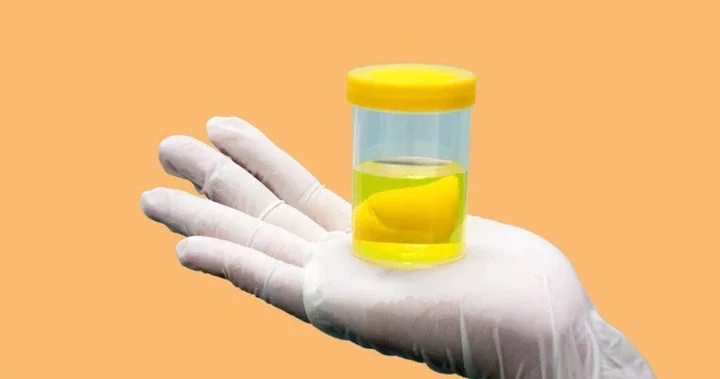
How light or dark the yellow is depends on how much water you drink. If you drink a lot of water, your urine will be lighter, almost clear. If you don't drink enough, it can become dark yellow or amber.
But sometimes, urine can show other colours. Let's look at some reasons why this might happen.
1. Dehydration
Not drinking enough water is a common reason for darker urine. When you're dehydrated, your body tries to hold onto as much water as possible, making your urine more concentrated and darker in colour. If you notice your urine is dark yellow, it's a good idea to drink more fluids.
2. Foods and drinks
Certain foods and drinks can change the colour of your urine:
Beets and berries: Eating beets or blackberries can turn your urine pink or red.
Carrots: A lot of carrots can give your urine an orange tint because of the pigments in them.
Asparagus: This vegetable can sometimes make urine greenish and give it a strong smell.
3. Medications and vitamins
Some medicines and vitamins can change urine colour. Vitamin B supplements can make urine bright yellow or neon yellow. Certain antibiotics can turn urine reddish-orange. Pain relievers and antidepressants can also cause blue or green urine.
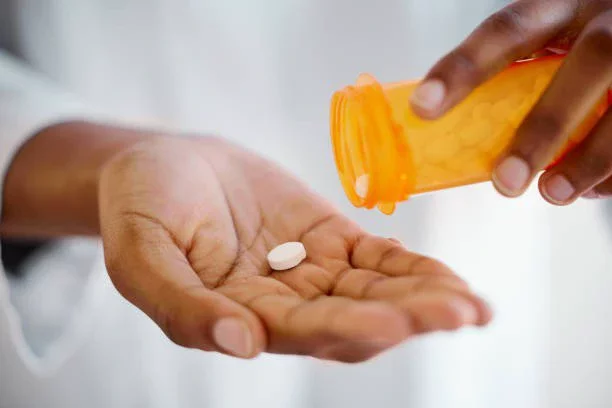
4. Medical conditions
Changes in urine colour can sometimes signal health issues:
Blood in urine (hematuria): This can make urine pink, red, or cola-colored. It might be a sign of urinary tract infections, kidney stones, or other conditions.
Liver problems: Dark brown urine can be a sign of liver disease, especially if accompanied by pale stools and yellow skin or eyes.
Urinary Tract Infections (UTIs): Cloudy or murky urine might mean you have an infection, especially if you also feel a burning sensation when you pee.
If you notice your urine is an unusual colour and you can't link it to something you ate or a medicine you're taking, it might be time to talk to a doctor.

Other signs to watch for include:
Pain: If peeing hurts or you have pain in your back or sides.
Frequent urination: Needing to pee more often than usual.
Fever or chills: These could indicate an infection.
Swelling: In your face, hands, or feet.
Your doctor can run tests to find out what's going on and help you feel better.

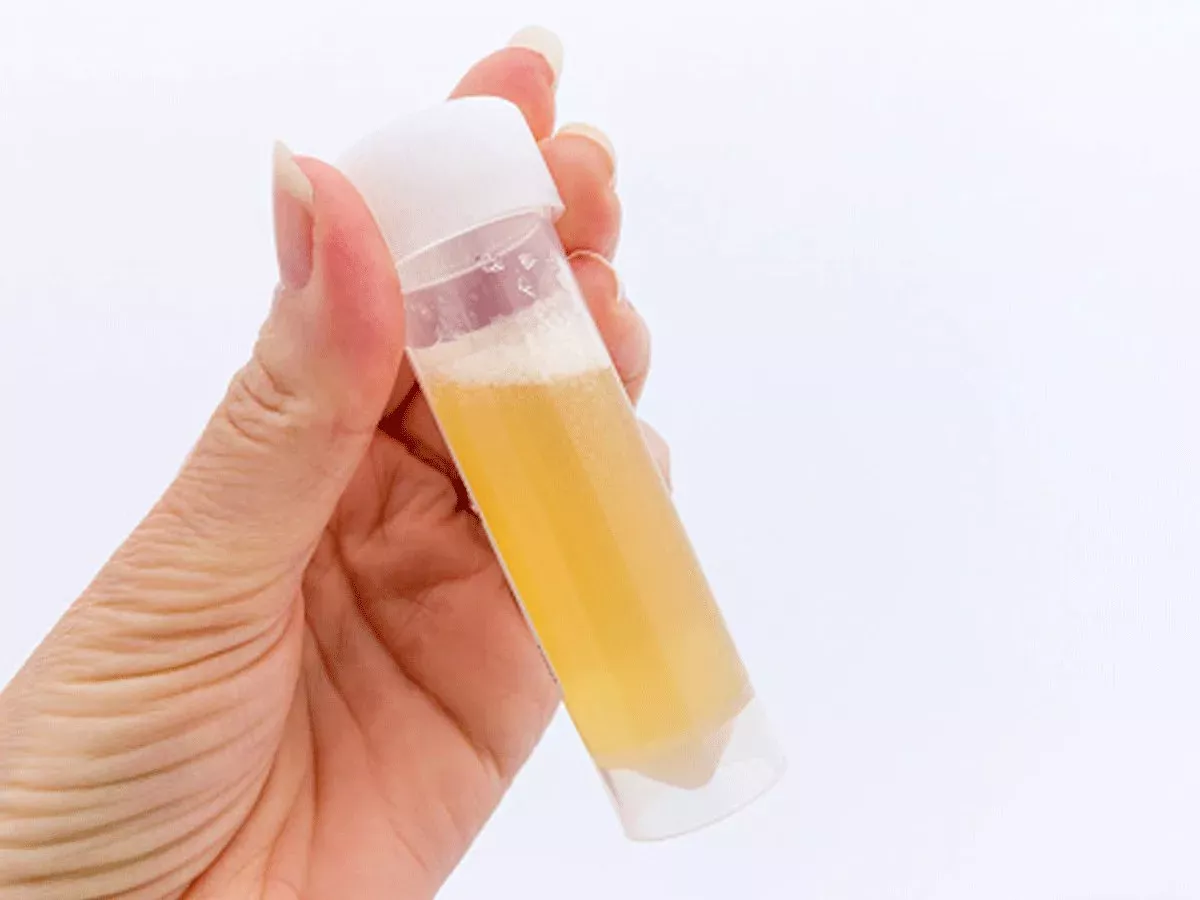
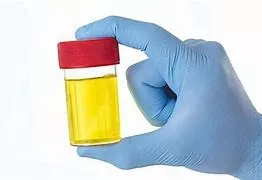
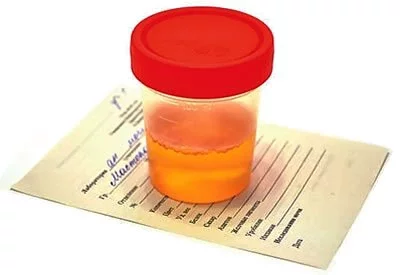
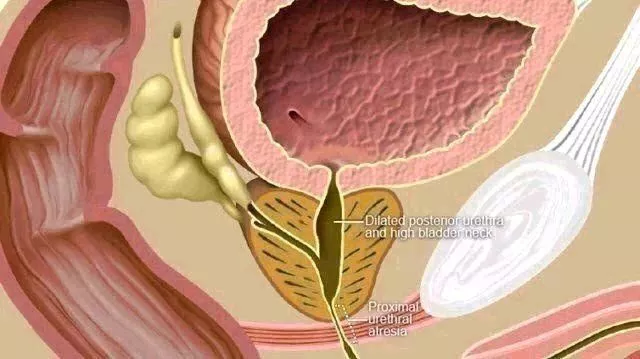

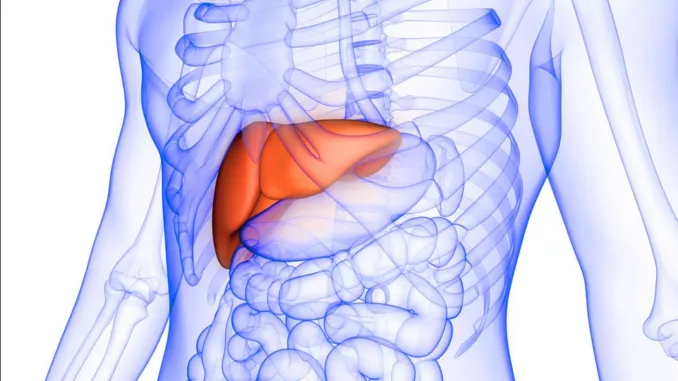









Comments